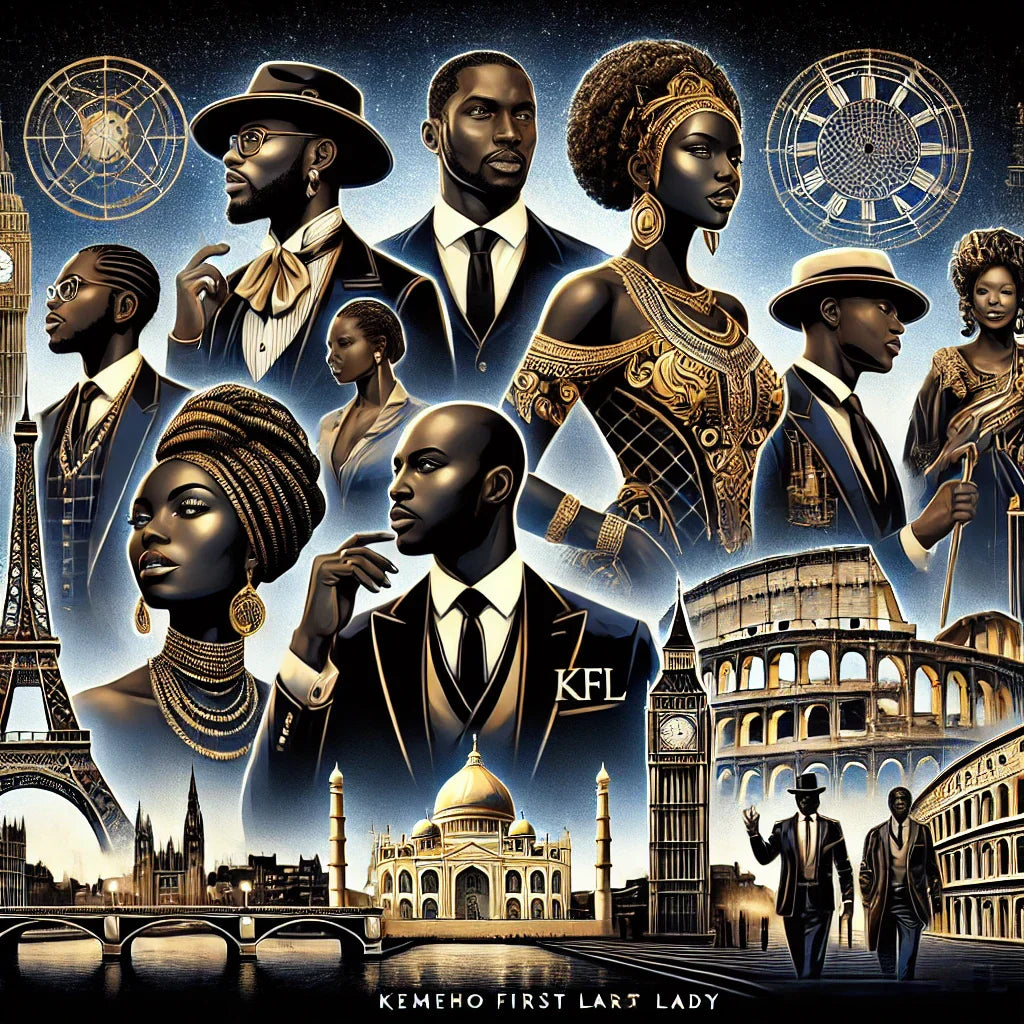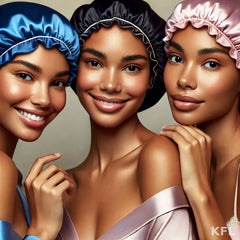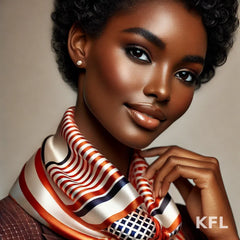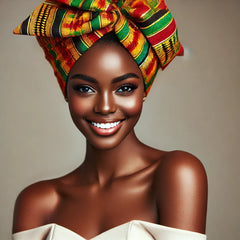
Black Europeans: History, Culture, and Contemporary Challenges
Share Label
The history of Black people in Europe is both ancient and often overlooked. From Roman legions to modern diasporas, the African presence in Europe stretches back centuries. Despite their contributions to the continent’s history, culture, and economy, Afro-Europeans face ongoing challenges in recognition, discrimination, and inclusion. Today, a new generation is asserting its identity and rightful place in European societies with determination.
1. An Ancient Presence
Contrary to common perceptions, the presence of Black people in Europe isn’t solely a product of colonial history.
- Roman Antiquity: The Roman Empire included soldiers and officials of African origin. Lusius Quietus, a general of Berber heritage, was among Rome’s most formidable military leaders.
- Medieval and Renaissance Eras: Saint Maurice, a Black military leader, was venerated as a saint in Germany and Switzerland. Black figures also appear in European art, often depicted as the Magi.
- Colonial Period: With the transatlantic slave trade and colonial expansion, many Africans arrived in Europe as slaves or servants. Some, like Abram Petrovich Hannibal (an ancestor of Alexander Pushkin), rose to influential positions.
- 20th Century Decolonization and Migration: After World War II, many Africans and Caribbeans migrated to Europe to help rebuild the metropolises. The 1960s and 1970s saw the first large Afro-descendant communities forming in France, the UK, Belgium, and the Netherlands.
2. The Cultural Impact of Afro-Europeans
Afro-Europeans have left a significant mark on various cultural domains:
- Music and the Arts:
Jazz and blues found a warm reception in Europe with icons like Josephine Baker. Today, genres like rap and Afrobeat dominate the charts, with artists like Stormzy, Niska, Aya Nakamura, and Burna Boy leading the way. Black writers such as Maryse Condé, Léonora Miano, and Alain Mabanckou continue to enrich European literature. - Sports and Performance:
Black athletes are widely represented in European sports, particularly football, with stars like Kylian Mbappé, N’Golo Kanté, Marcus Rashford, and Romelu Lukaku. They also shine in athletics and basketball. - Film and Media:
Actors like Omar Sy, Idris Elba, and Sophie Okonedo have made their mark on the European film scene. Directors such as Mati Diop and Ladj Ly use cinema to expose inequalities and tell stories that challenge societal norms.
3. Challenges Faced by Black Europeans
Despite their cultural and economic contributions, Afro-Europeans continue to face systemic barriers:
- Discrimination and Structural Racism:
In countries like France and the UK, Black communities experience disproportionate police stops. Barriers to employment and housing remain persistent issues. - Underrepresentation in Politics and Media:
Few Black individuals hold prominent positions in European governments. Media representation is still limited and often confined to stereotypical roles. - Historical Memory and Recognition:
The history of the transatlantic slave trade and colonization receives little attention in European education systems. Many historical Black figures are still absent from school curricula.
4. Progress and Recent Struggles
Amid these challenges, significant movements and initiatives are emerging:
- Antiracist Mobilizations:
Protests inspired by Black Lives Matter have shed light on police violence and systemic racism in Europe. Black collectives are advocating for greater visibility and equal opportunities. - Economic and Cultural Initiatives:
Afro-European entrepreneurs are launching businesses in fashion, beauty, and technology. Festivals celebrating Black film and music have gained prominence. - Reckoning with Colonial Crimes:
Countries such as Belgium and France are beginning to confront their colonial past. Activists have successfully called for the removal of statues honoring controversial colonial figures.
Conclusion
Though often invisible in historical narratives, Black Europeans have shaped, and continue to shape, the continent’s cultural and social landscape. Despite enduring challenges, a new generation is embracing its identity, reclaiming its history, and demanding equality. Black Europe is a reality whose influence continues to grow.









